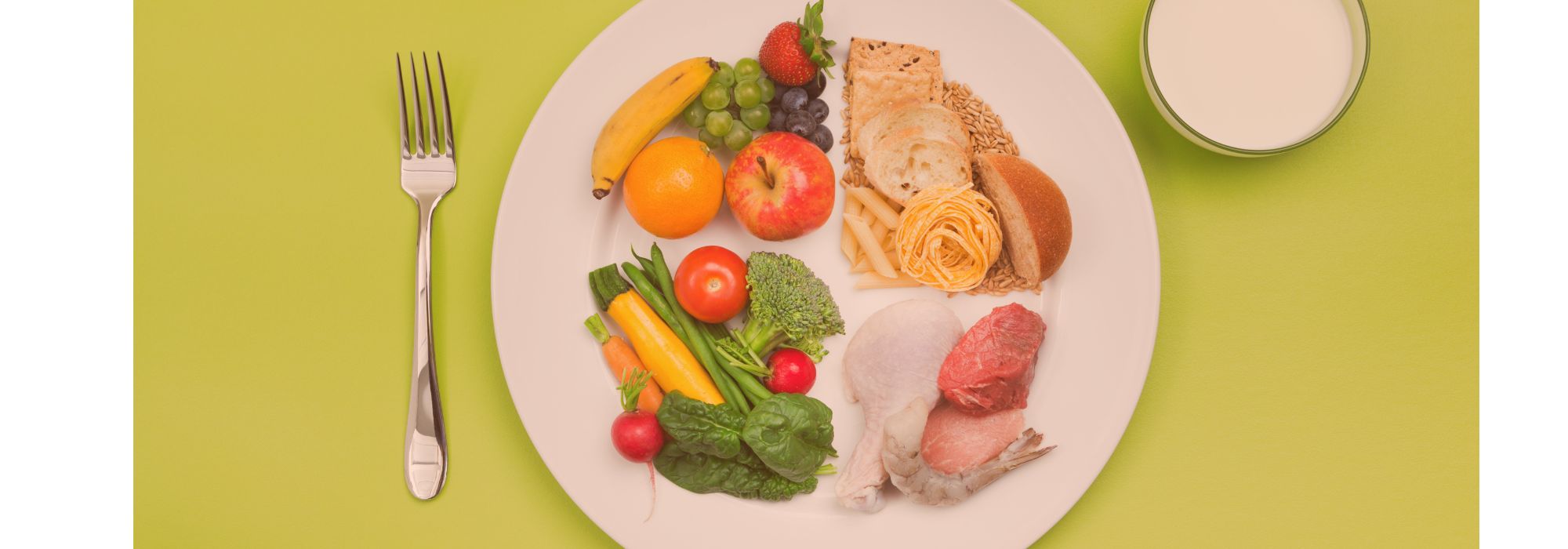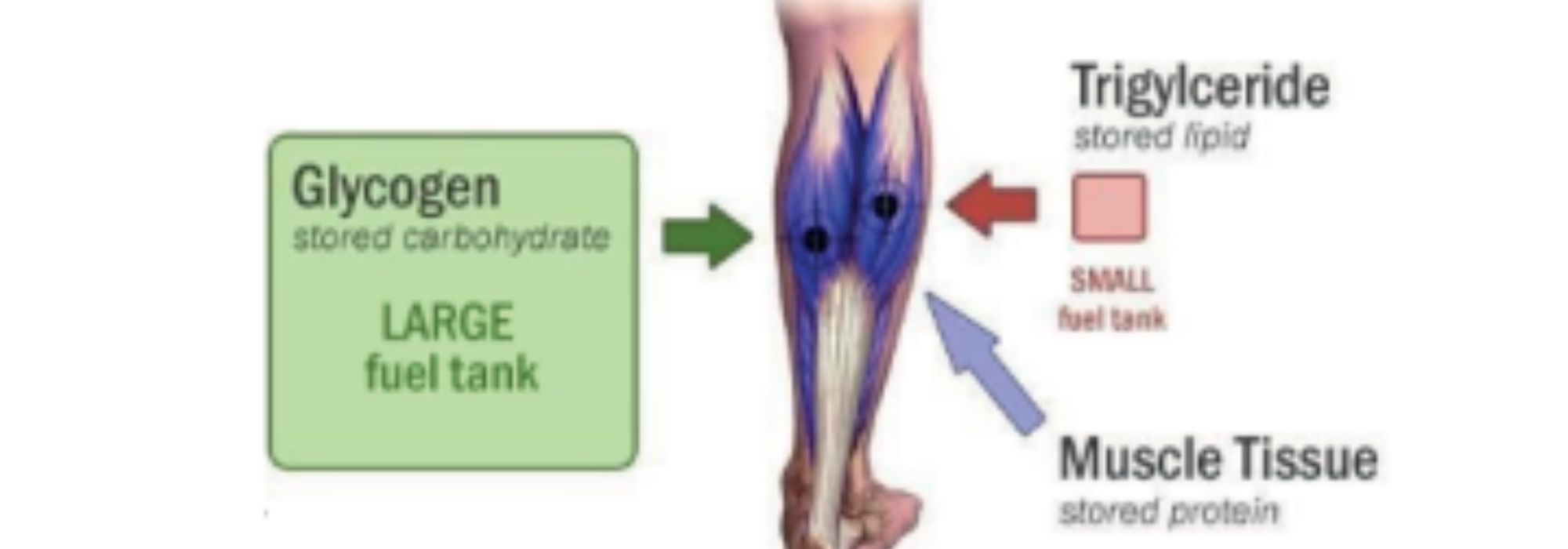“Fueling your run: Guide to a Balanced diet for runner
As the London Marathon draws closer, it becomes increasingly important to make sure you are looking after your body correctly. You are now at the stage where you will likely be incorporating extensive runs into your training. These longer runs put additional demands on your system, and require you to eat and hydrate properly.
Proper nutrition not only helps provide your body with the additional fuel it needs, it also helps replenish muscles, boost the immune system, reduce inflammation and reduce the risk of injury. Sadly, many runners get the balance wrong. They try every possible variation to their physical training to gain an advantage, but are sloppy in their approach to their diet. Don’t let this be you. Understand that good nutrition is essential, and give it the attention it deserves.
As the London Marathon draws closer, it becomes increasingly important to make sure you are looking after your body correctly. You are now at the stage where you will likely be incorporating extensive runs into your training. These longer runs put additional demands on your system, and require you to eat and hydrate correctly.
Proper nutrition not only helps provide your body with the additional fuel it needs, it also helps replenish muscles, boost the immune system, reduce inflammation and reduce the risk of injury. Sadly, many runners get the balance wrong. They try every possible variation to their physical training to gain an advantage, but are sloppy in their approach to their diet.

Don’t let this be you. Understand that good nutrition is essential, and give it the attention it deserves. Unfortunately, there isn’t a one-size-fits-all food plan. The field of nutrition is notoriously complex and, increasingly, causes much debate and controversy. And the needs and requirements of each individual can vary enormously. We highly recommend you take the time and effort to consult with a nutritionist who can give you specialist advice. But there are also some basic fundamentals that apply in most cases, and should encourage you to make small changes to how you eat and drink.
For endurance running, i.e. runs that last longer than 30 minutes, the two most likely causes of fatigue will be dehydration and carbohydrate depletion. Before you look to fine tune your diet in other areas, it’s important to mitigate against these two challenges.
Runners diet: Liquids and drinks
Optimal Hydration Water makes up to about 60% of body weight in men, and over 50% in women. Small losses in body mass (as little as 2-3%) can have a significantly detrimental effect on your running ability. Proper hydration, therefore, is crucial to maintaining a normal functioning body. And you shouldn’t wait until after you have started running to take on board fluids. It is important that you start your run properly hydrated. In fact your hydration level is something you should be monitoring on a consistent basis throughout the day, especially now that your training load is significantly higher. The easiest way to monitor hydration is by checking your urine. Pale yellow urine usually indicates you’re within one percent of optimal levels, whereas dark yellow or orange coloured urine suggests you may be dehydrated.
It is a good idea to get in the habit of weighing yourself pre- and post-run too. Fluid intake during exercise should match the fluid losses that come from sweat. For every pound (kilo) lost during the run, you should take on board an extra 12-24 ounces (350g – 700g) of water gradually over the course of the day. As a rough guide, try to drink a liter of water for each 1,000 kcal you burn off. But don’t rely solely on water. You need to look into replacing salts and electrolytes (essential minerals found in the blood, sweat and urine) too, so consider isotonic refreshment as well as pure water.
That said, you mustn’t overdo your water intake either. Too much pure water will dilute sodium to dangerously low levels, which can cause hyponatremia which, in some runners, has been fatal. If it feels like liquid is squelching around in your stomach as you run, you might be overdoing it.
Learn what you can about staying properly hydrated and listen to your thirst. This indicates a need for fluid and, because it’s a slightly lagging gauge, feeling thirsty suggests your body is already dehydrated. So don’t wait ‘til you’re thirsty before drinking!

Runners diet: Food
Runners diet: Carbohydrates and glycogen
For you to successfully complete a marathon, your body needs to use energy as efficiently as possible. Ultimately, the fuel for this energy derives almost exclusively from the foods you eat. But different types of foods help your body to burn energy at different rates.
You need a mixture of kindling, logs and coal to get a fire started, and to keep it burning for a long time. Similarly, your body needs some energy that is readily available, but also needs energy that is slow burning, in order for you to endure.
For marathon runners, glucose in the blood is a readily available source of energy. And although all energy pathways are used simultaneously whilst running, the further into the run you get, the more heavily you rely on energy sources other than blood glucose.
Fat is a great source of energy in the body, and in plentiful supply. Unfortunately, burning fat in the body is a complex process. To utilise your fat stores, you must have some form of glucose present to facilitate this metabolic pathway.
A fantastic, and essential, form of energy for endurance runners is glycogen. This is a form of glucose (sugar) that can be stored by the muscles and liver. When carbohydrates are broken down to sugars and released into the bloodstream, they are carried around the body to our cells and stored as glycogen. But glycogen stores are fairly limited. A key reason for doing long runs in training is to help increase muscle glycogen stores. But for this to be effective, you need a diet that is high in carbohydrates.
Carbohydrates are divided into two main types, simple and complex. You need a mixture of both in your diet. Great sources of complex carbohydrates for endurance runners include whole grains such as brown rice and quinoa. These are also good sources of fibre. Sweet potato and beetroot are also great pre-run sources that contain very useful vitamins and minerals.
Great sources of simple carbohydrates include bananas, dried fruit (raisins, dried apple or dates), and chocolate milk. Bananas are a fast-acting pre- or post-race food packed with potassium. They are therefore great for replacing lost electrolytes.
Dried fruits are often used by experienced runners as a more palatable alternative to energy gels on longer runs. And chocolate milk is something that can be taken post run to help get sugar back into depleted muscles quickly. Your training diet should be at least 55% carbohydrate during daily training, and up to 65% before a long training run.

Runners diet: Protein is still important
After strenuous exercise, your body needs to repair and replenish itself from the damaged it experienced during training. There is a 30-minute window post exercise when the potential for muscle protein synthesis is at its highest. In other words, it is advisable to take on protein fairly soon after your harder runs.
Protein has a vital role to play for runners in other regards too; it helps to form haemoglobin, maintain water balance, and build lean muscle mass. Ideally, as an endurance runner, you will eat proteins that have high BV (biological value). This means they are more readily available once ingested, and therefore more useable. Typically, these will come from animal sources and include meat, poultry, fish, eggs, milk, cheese and yogurt. However, for those of you that are precluded from animal-based products, good sources of plant protein include nuts, seeds, pulses, mycoprotein and soya products.
Some recommended foods for endurance runners
Most people consume a diet that is too limited in range. Adding new foods to your diet can help combat some of the challenges of long distance running. Apples, avocados and blueberries are all good for fighting inflammation. Almonds are high in magnesium and can help ward off cramps. Black beans are a great source of fibre and muscle building protein. And Chard contains folate (a B vitamin) that helps make red blood cells carry oxygen to the muscles.
Dig deeper and you will find a wealth of foods that can support your training and recovery. It is well worth investing time and effort to find out more.
Ready to try this runners diet?
We hope this information is useful for you. If you need advice or have any questions about our treatments, please contact us. You can find us in Mill Hill Broadway and Islington. We are always happy to help. If you like this blog, please share!



